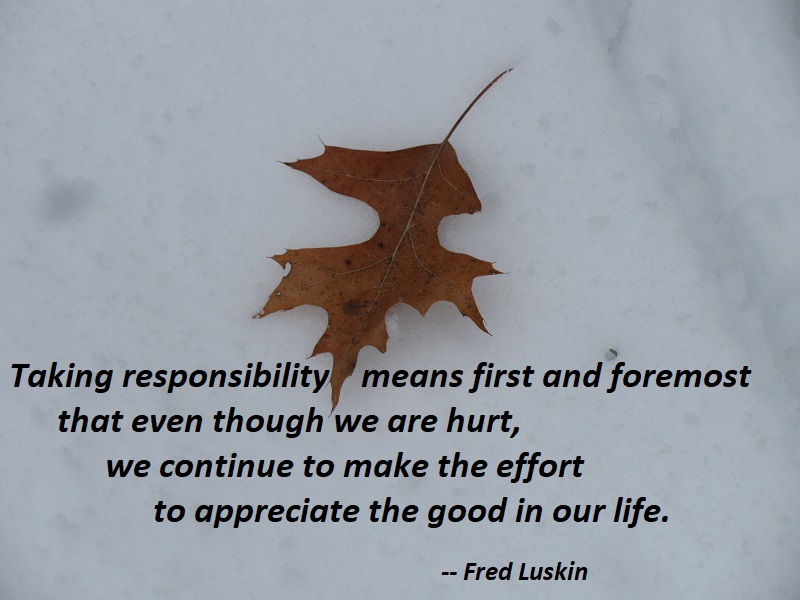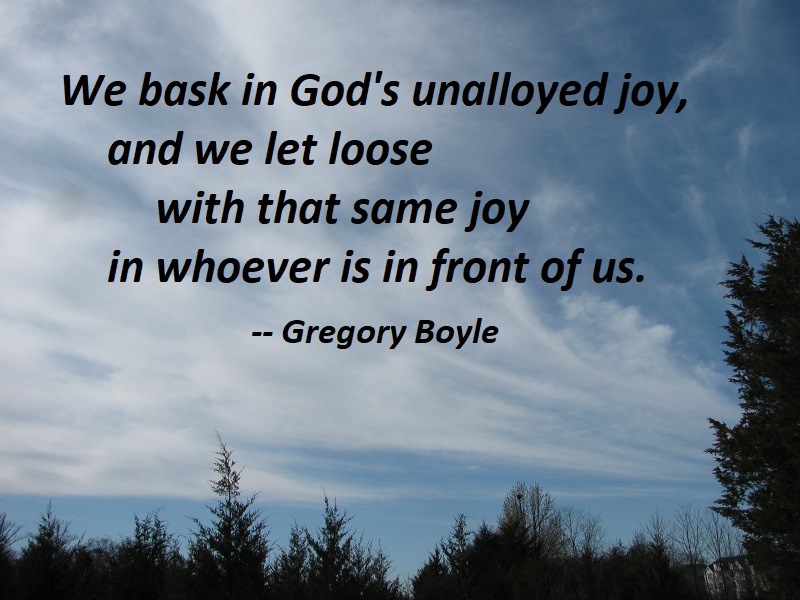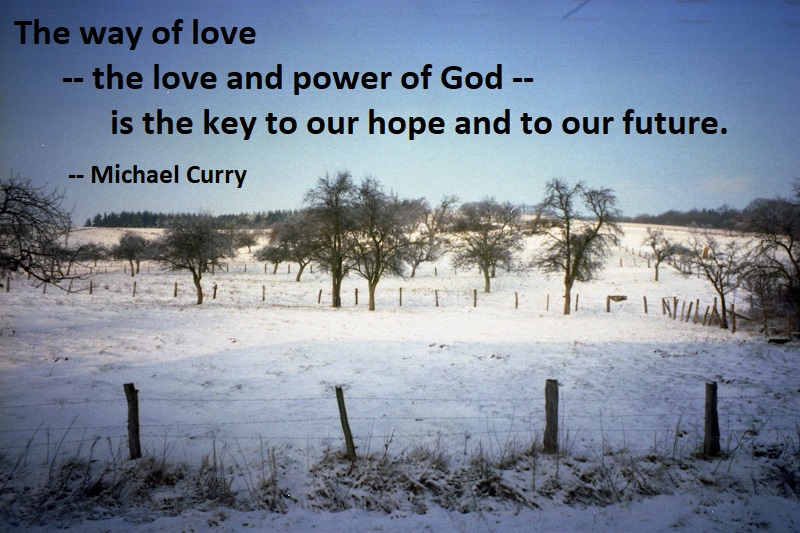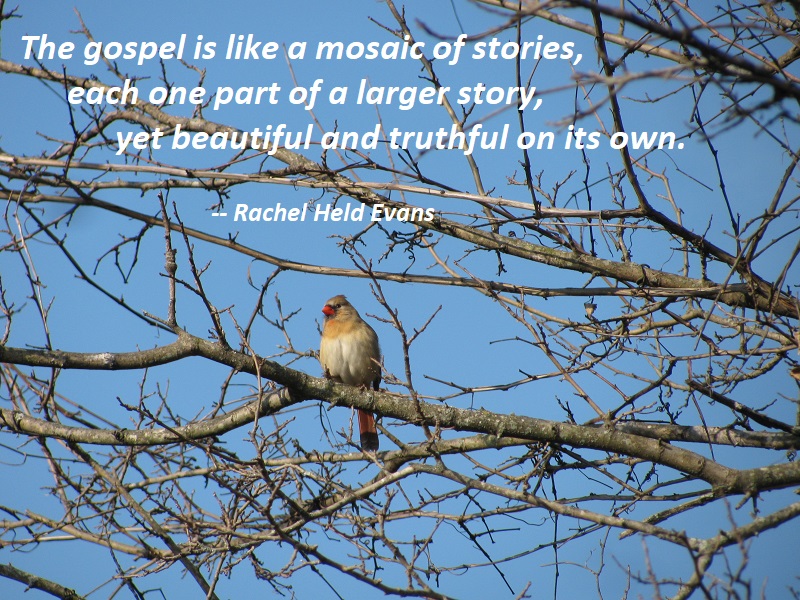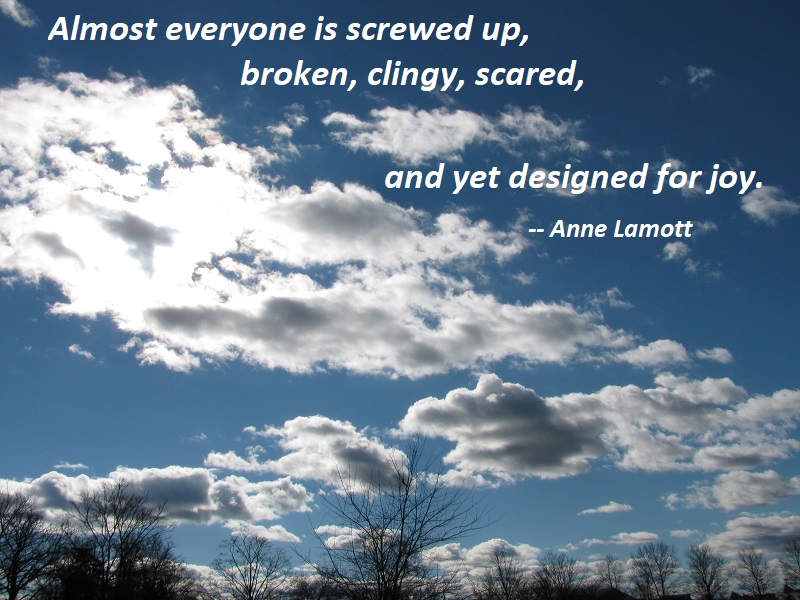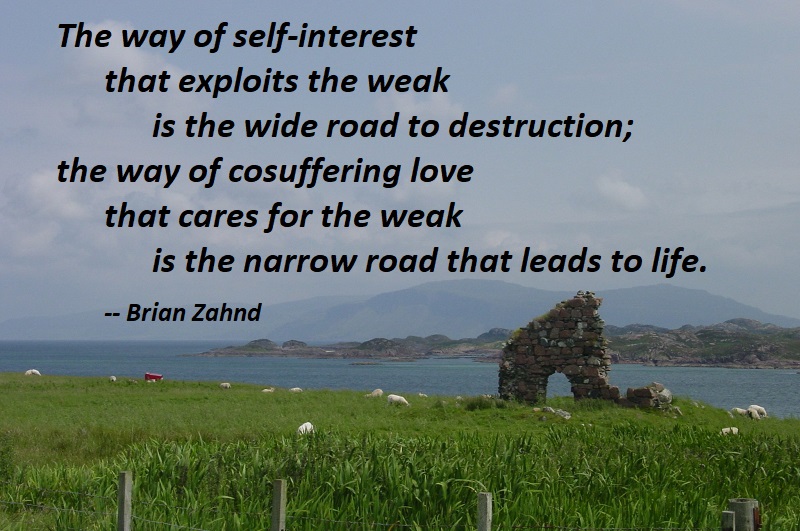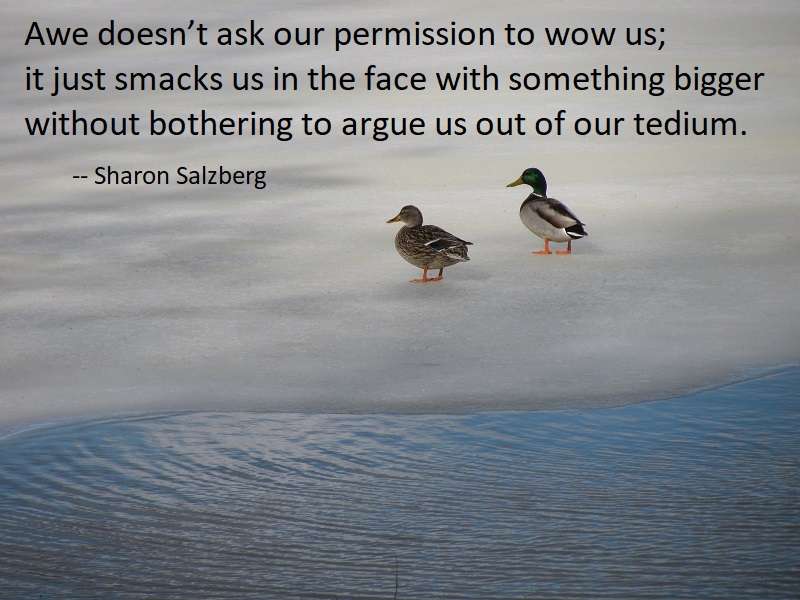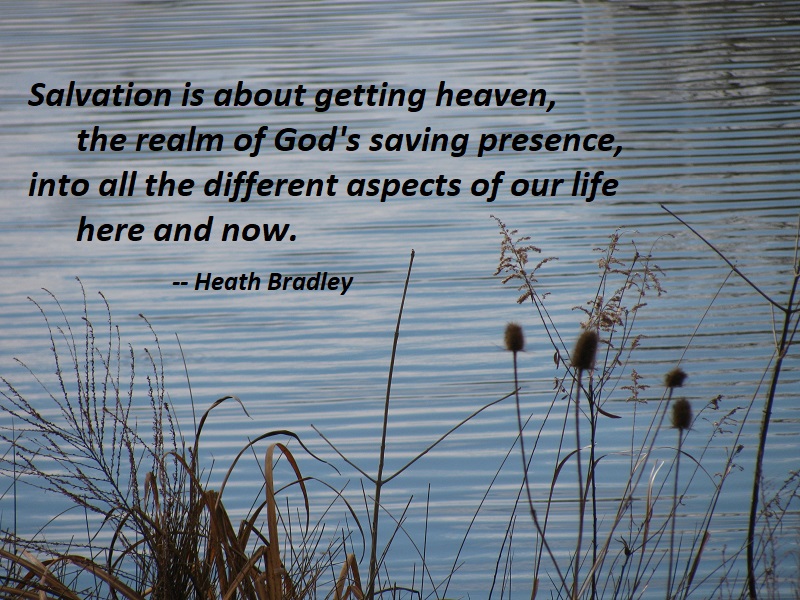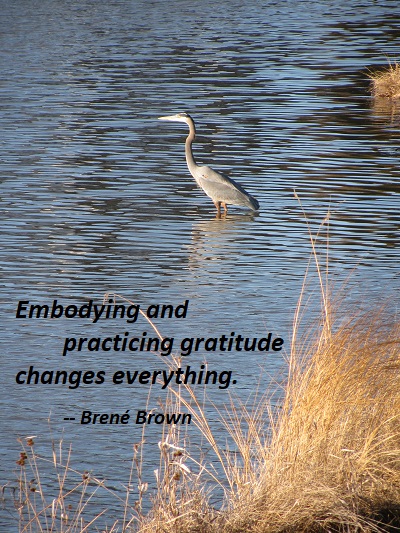The Fine Art of Finding Ourselves
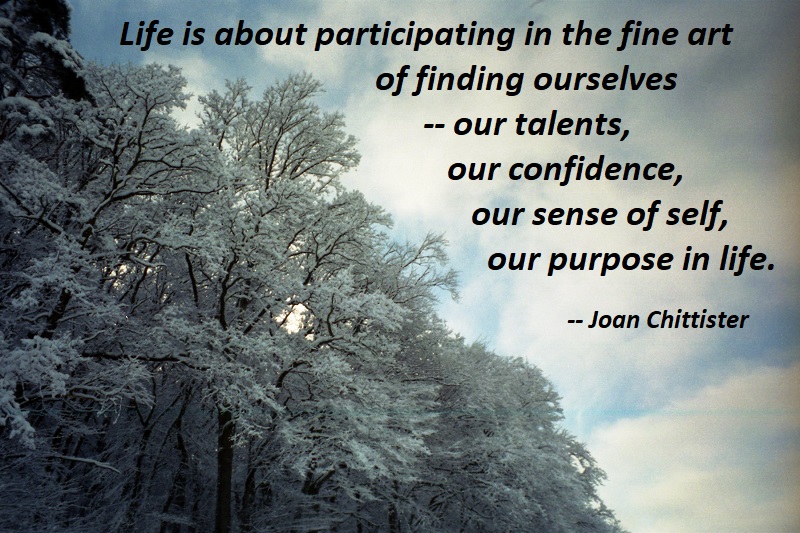
Failure gives us the chance to experiment with life, to play with it a bit, to move in different directions until we find, as we learned from Cinderella as children, the shoe that fits. Because what doesn’t fit will irritate us all our life. We will live in the unnecessary pain that comes from forcing ourselves into something that not only embarrasses us but cramps our hearts and damps our spirits.
Life is about participating in the fine art of finding ourselves — our talents, our confidence, our sense of self, our purpose in life. The world waits for each of us to give back to the best of our ability what we have been given for its sake. The only way to know what that is depends on learning to follow our hearts until our hearts and our abilities are one, until what we love and what we do well are one and the same thing.
— Joan Chittister, Between the Dark and the Daylight, p. 64
Photo: Gundersweiler, Germany, December 1999
